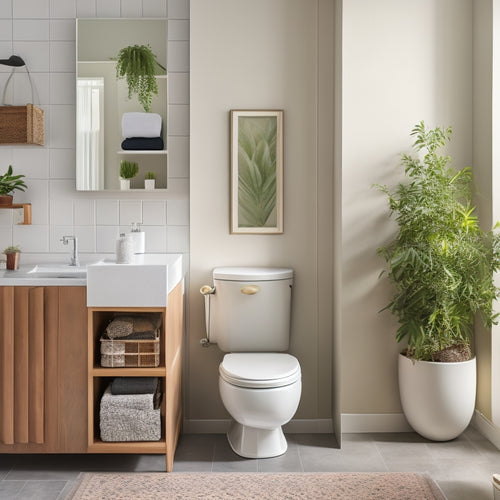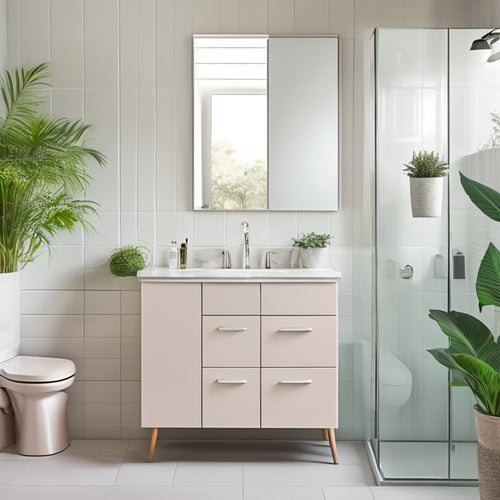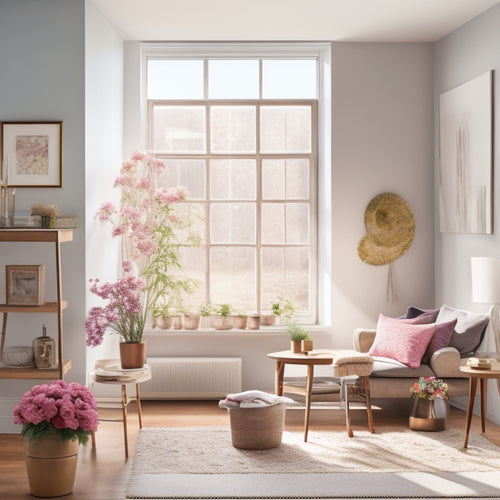
Santa Cruz Residents Demand Open Restrooms
Share
Santa Cruz residents are demanding open restrooms in local parks, citing frustration and outrage over restricted access. The city's policy, aimed at addressing safety concerns and vandalism, has sparked controversy and been criticized by homeless advocacy groups. While some propose innovative solutions like outdoor portable toilets, others view the issue as a symptom of a broader social and economic problem. The city council has taken a cautious approach, prioritizing community engagement and a planning process for safety and health considerations. As the debate unfolds, it becomes clear that a holistic approach is needed to address the intertwined issues affecting the community.
Key Takeaways
• Santa Cruz residents are divided over restricted bathroom access, with some calling for open restrooms and others citing safety and vandalism concerns.
• The city's policy of limiting restroom access to specific groups has sparked controversy, with homeless advocacy groups arguing it unfairly targets the homeless.
• Portable toilets have been proposed as an innovative solution to address safety, sanitation, and homeless needs, but a holistic approach is needed to tackle the issue.
• The City Council is taking a cautious approach, initially supporting reopening facilities to the public, but putting the decision on hold for a safety and health planning process.
• The bathroom access issue is interconnected with broader social and economic factors, including Santa Cruz being the most expensive rental market in the nation.
Bathroom Access Restrictions
At the Louden Nelson Community Center, restroom access has been restricted to specific groups, with lock codes changing twice daily to prevent code sharing, a policy that has sparked controversy among Santa Cruz residents.
The City Parks and Recreation Director requested a resident panel to limit public access, citing concerns about safety and cleanliness. This move has significant policy implications, particularly for homeless advocacy groups who see the policy as a homeless issue.
The restriction has raised questions about the balance between public access and community safety. As the debate unfolds, it remains to be seen how the city will navigate the complex issue of bathroom access and its impact on the community.
Concerns and Proposed Solutions
Concerns about drug use, vandalism, and retaliatory behavior have led to the restricted access, with some community members suggesting innovative solutions, including the installation of outdoor portable toilets, to address these issues.
Homeless advocacy groups view the policy as a homeless issue, emphasizing the need for alternative solutions. Rabbi Phil Posner has proposed steps to resume general bathroom access.
The installation of portable toilets could provide a safe and sanitary option for the community. This solution could alleviate concerns about drug use and vandalism, while also addressing the needs of the homeless population.
Community Speaks Out
Many community members have voiced their opinions on the restricted bathroom access. Some feel unfairly restricted by the current policy, while others express willingness to cooperate for better solutions. The debate has sparked a range of emotions, from frustration to empathy.
Homeless advocacy groups, in particular, have been vocal about the policy implications, arguing that it disproportionately affects the homeless population. Some community members have suggested alternative solutions, such as installing outdoor portable toilets or having attendants in the bathrooms.
The discussion has highlighted the need for a balanced approach that addresses concerns around safety and vandalism while also providing access to essential facilities. As the community continues to speak out, it is clear that finding a solution that works for everyone will require cooperation and creative problem-solving.
City Council's Response
The City Council's deliberations on the restricted bathroom access have been marked by a cautious approach, with council members initially supporting the consideration of reopening the facilities to the general public. However, the council's decision has been put on hold, and a planning process for safety and health considerations has been prioritized.
| Stakeholders | Concerns |
|---|---|
| Homeless Advocacy Groups | Inaccessibility to basic necessities |
| Community Members | Inconvenience and unfair restriction |
| City Council | Safety and health considerations |
| City Parks and Recreation Director | Vandalism and retaliatory behavior |
| Residents | Need for community engagement and open restrooms |
The city council's decision to prioritize a planning process highlights the complexity of the issue, emphasizing the need for community engagement and a balanced approach to address the concerns of all stakeholders involved.
Broader Community Context
Santa Cruz's broader community context, marked by its recent distinction as the most expensive rental market in the nation, underscores the need for a holistic approach to addressing the bathroom access issue.
This context is further complicated by the spread of invasive species, which has significant environmental and economic implications.
As the city grapples with these challenges, it is essential to take into account the interconnectedness of these issues and their impact on the community.
By acknowledging the broader context, the city can develop a more all-encompassing strategy that addresses not only bathroom access but also the underlying social and economic factors contributing to the issue.
This approach can foster a more inclusive and sustainable solution that benefits the entire community.
Frequently Asked Questions
How Do Locked Bathrooms Affect Community Center Programs and Events?
Locked bathrooms at community centers can impact Program Accessibility, potentially deterring Event Participation, as attendees may be discouraged by restricted access, ultimately affecting overall community engagement and program success.
Are There Any Alternative Facilities for Those Without Access Codes?
As an alternative, outdoor portable toilets could be installed, providing accessible facilities for all. Additionally, exploring Restroom Apps that facilitate code-free access or partnering with nearby businesses to offer restroom access could bridge the gap for those without codes.
Can Community Members Suggest Alternative Safety Measures to Lock Changes?
To enhance safety without lock changes, community members suggest alternative measures such as installing security cameras and implementing a volunteer patrol to monitor facilities, ensuring a secure and welcoming environment for all users.
What Is the Timeline for Reviewing and Changing the Bathroom Policy?
As the community center's locked bathrooms stand like a fortress, Council delays have stalled a policy overhaul, leaving residents awaiting a timeline for review and change, while the city navigates a delicate balance between safety and accessibility.
Will the City Consider Providing Additional Public Restrooms in the Area?
The city may consider allocating public funding to increase restroom accessibility in the area, potentially mitigating concerns surrounding limited access and promoting a more inclusive community environment.
Related Posts
-

Over-The-Toilet Storage for Modern Homes
Over-the-toilet storage is a smart solution for modern homes, maximizing vertical space and enhancing organization. Y...
-

Space-Saving Bathroom Storage With Slimline Cabinets
Slimline cabinets are your perfect solution for space-saving bathroom storage. They employ vertical space effectively...
-

Revamp Your Home This Spring
You're ready to trade in clutter and chaos for a fresh, revitalized space that sparks joy and energizes your daily ro...


